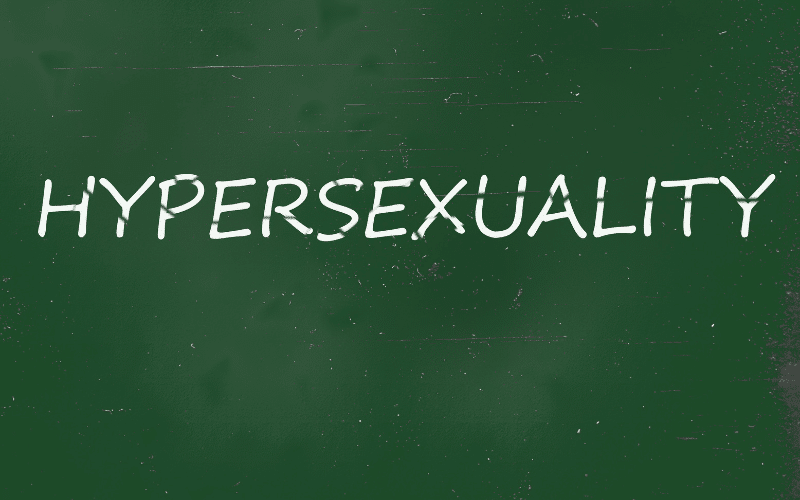Symptom 2: Heightened Sexual Behavior – Hypersexuality

Hypersexuality, another defining symptom of Kluver-Bucy Syndrome, reflects the nuanced influence of the brain on sexual behavior. Characterized by increased interest or involvement in sexual activities, hypersexuality may manifest as frequent sexual thoughts, urges, or actions that are challenging to control.
Hypersexuality can come to the fore in various ways. Patients may exhibit inappropriate sexual behavior, make unwarranted sexual advances, or show an increased interest in pornography. Moreover, there may be an alteration in sexual preference or an inability to suppress sexual urges, which can be distressing for the individual and their close relationships.
This heightened sexual behavior underscores the critical role the brain plays in regulating sexual behavior. The anterior temporal lobes and the amygdala, areas affected in Kluver-Bucy Syndrome, are crucial in modulating sexual interest and behavior. Thus, any damage to these regions can cause a disruption, leading to symptoms like hypersexuality.
While this symptom can be challenging to manage and may strain interpersonal relationships, a conscious understanding and a supportive environment can help handle it effectively. Medical intervention, coupled with counseling and therapy, can also prove beneficial in managing this symptom.
Lastly, it’s worth noting that hypersexuality, along with hyperorality, forms the two pillars of Kluver-Bucy Syndrome. Their presence together is often a red flag for medical practitioners, paving the way for a potential diagnosis. (2)